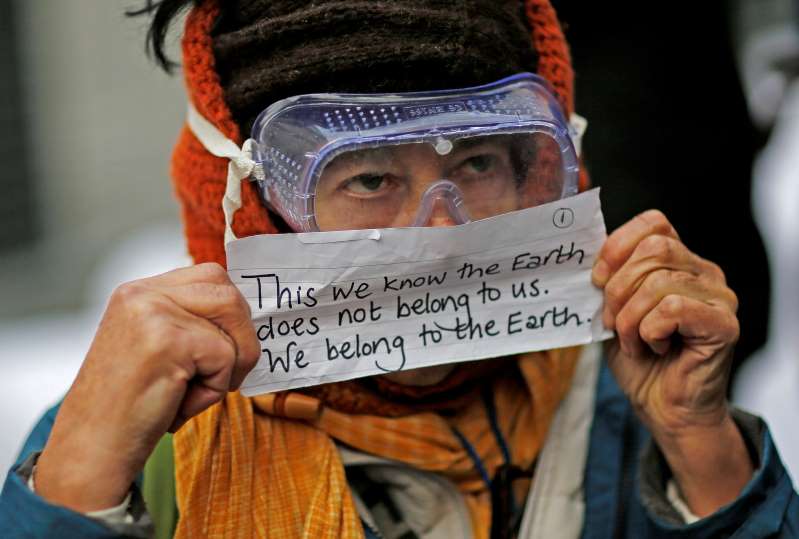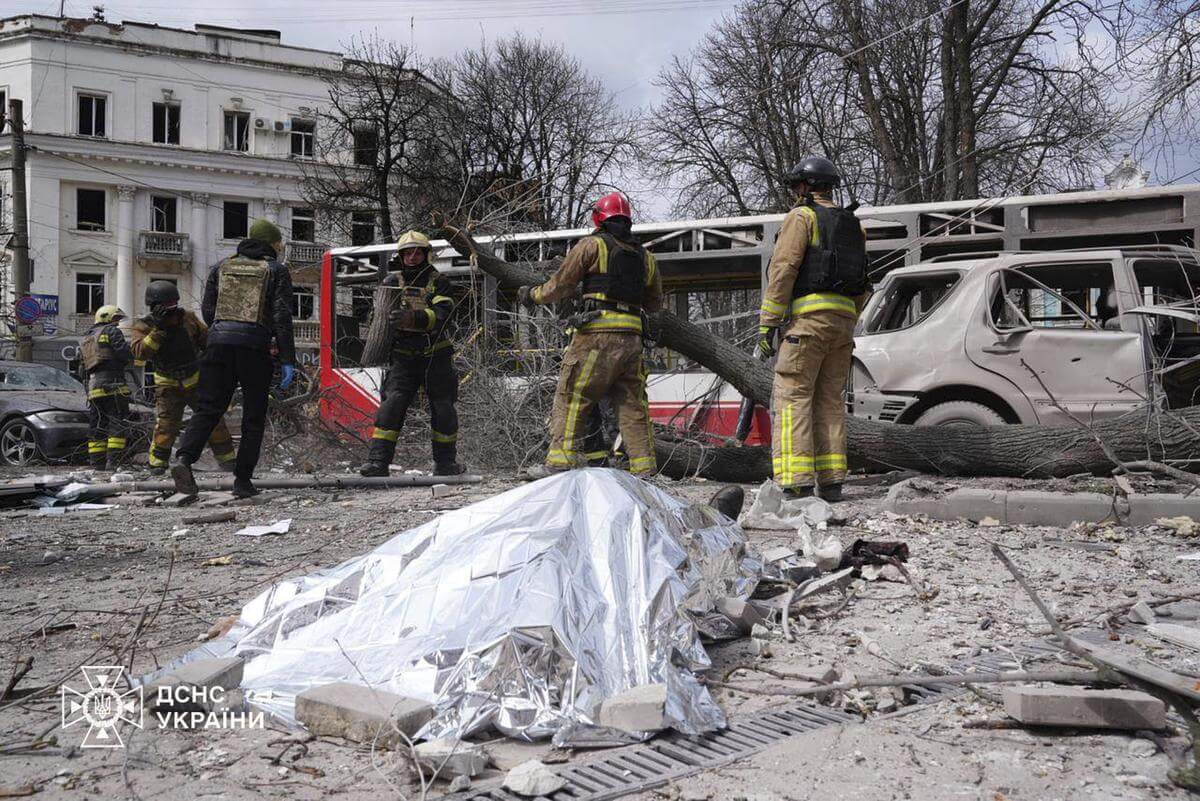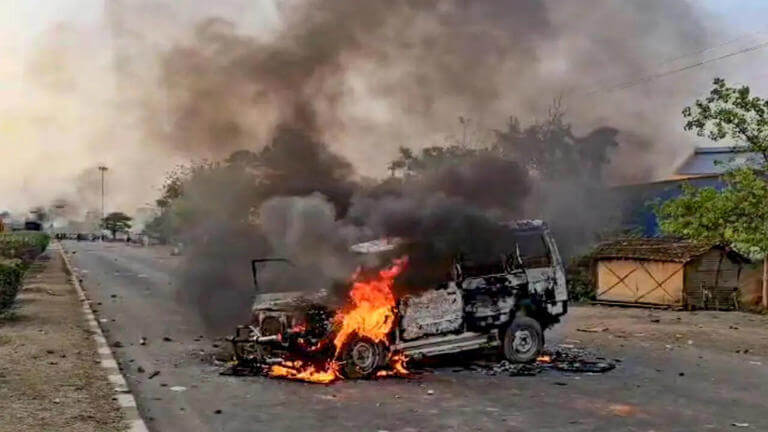Kiwis fill ranks of global radical environmental action group
Thu 24 Jan 2019, 11:13:19

More than 1500 people have signed up to a new environmental activism group, pledging to take extreme, disruptive action to make the government do more about climate change.
Extinction Rebellion first established in the UK about six months ago, and has now set up New Zealand chapter, with members in 11 centres.
In the UK they have caused widespread disruption by blocking roads and bridges, gluing themselves to buildings and deliberately getting arrested in the hundreds - and since last month, members have held three events already in New Zealand.
Protesters shut off the water supply at Environment Canterbury in December and also held a mock funeral for planet Earth in Nelson two weeks ago. They also held "zombie protest" in Wellington Airport on Tuesday.
Members are calling on the government to declare a climate change emergency and take "World War II-scale climate mobilisation" for zero emissions by 2025.
Auckland member Cordelia Lockett said the group began after an Intergovernmental Panel on Climate Change report, published in October, warned that the planet was in a climate change emergency.
"People are really greatly concerned and a bit sick of the inaction and frustrated, I think, given the scale of the problem," Ms Lockett said.
"It's an enormously distressing situation and people are feeling despair and anger and grief - the best antidote to that is to take collective action."
Christchurch member, Gen de Spa, said the government needed to doing more to acknowledge that emergency, and Extinction Rebellion planned to put the pressure on them with mass civil disobedience.
In New Zealand she said there would be people
intending to get arrested and potentially go to prison for the cause.
intending to get arrested and potentially go to prison for the cause.
"If you look back in history at different movements that have made big changes... what happened is that people did go to quite extreme lengths."
Extinction Rebellion aren't the first group to try bring about environmental change and overseas, some environmentalists and commentators have criticised them for pursuing unrealistic goals.
Even within the group in New Zealand, Ms de Spa said some members were doubtful that New Zealand could achieve zero emissions by 2025.
But the group has caught the eye of Victoria University's Sociology and Social Policy lecturer, Jonathan Oosterman. He researches climate-change activism and thinks Extinction Rebellion has the potential to bring about tangible policy change.
"One of the most striking things about Extinction Rebellion is how quickly it has seemed to spread around the globe. That seems to suggest that it could easily grow," he said.
He said it also taps into members from existing groups like Greenpeace and 350, as well as engaging new people that haven't been involved in climate change activism before.
Extinction Rebellion are promising to ramp up the action in coming months with more events in New Zealand, before an International Week of Rebellion starting on April 15.
To approve a single suggestion, mouse over it and click "✔"
Click the bubble to approve all of its suggestions.
No Comments For This Post, Be first to write a Comment.
Most viewed from International
Most viewed from World
AIMIM News
Latest Urdu News
Most Viewed
May 26, 2020
Do you think Canada-India relations will improve under New PM Mark Carney?
Latest Videos View All
Like Us
Home
About Us
Advertise With Us
All Polls
Epaper Archives
Privacy Policy
Contact Us
Download Etemaad App
© 2025 Etemaad Daily News, All Rights Reserved.


.jpg)
.jpg)














.jpg)
.jpg)
.jpg)
.jpg)
.jpg)
.jpg)
.jpg)

















